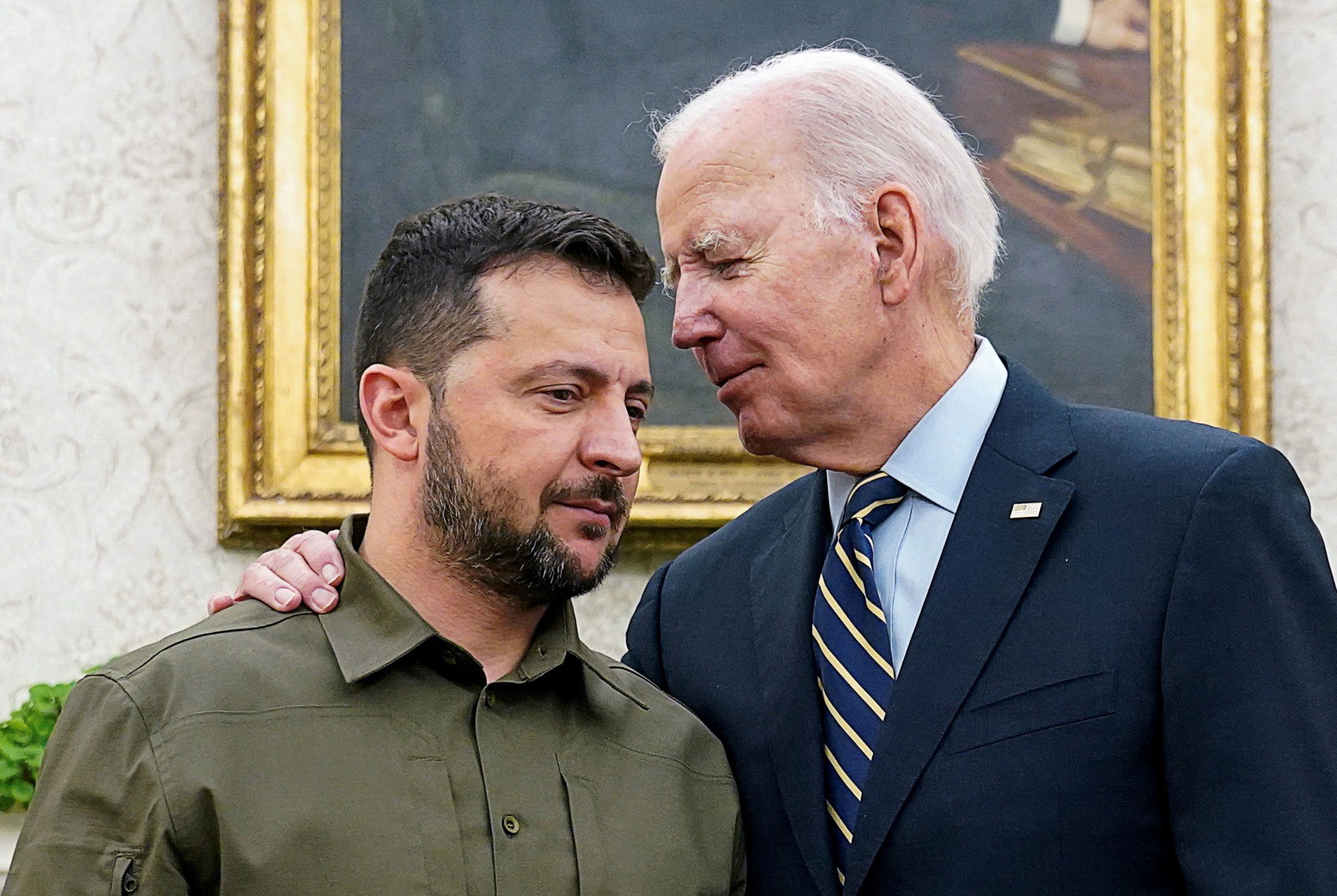The Biden administration, in collaboration with its Group of Seven (G7) allies, has announced a sweeping $50 billion loan package to support Ukraine amidst its ongoing conflict with Russia. A significant portion of this financial assistance, totaling $20 billion, will be sourced from interest earned on immobilized Russian sovereign assets. This innovative funding method is intended to bolster Ukraine’s resilience as it continues to defend itself against Russia\’s aggression.
A Landmark Decision in International Finance
Treasury Secretary Janet Yellen highlighted the importance of this unprecedented initiative, stating, “These funds—paid for by the windfall proceeds earned from Russia’s own immobilized assets—will provide Ukraine a critical infusion of support as it defends its country against an unprovoked war of aggression.” This decision is seen as both a strategic financial move and a strong message of accountability to Russia for its actions.
Yellen emphasized that the funds would ensure Ukraine can maintain essential services such as healthcare, emergency response, and infrastructure during the ongoing conflict. She also reiterated that this initiative aligns with the G7\’s commitment to uphold Ukraine’s sovereignty and territorial integrity while facilitating its eventual path to peace.
White House Commitment to Ukraine
White House Press Secretary Karine Jean-Pierre echoed these sentiments, stating, “The United States and the G7 are making good on that commitment. Together we will leverage income earned on frozen Russian sovereign assets to provide a total of $50 billion of Extraordinary Revenue Acceleration (ERA) loans to Ukraine.” This loan package builds on previous U.S. commitments, including a $20 billion loan announced in October 2024.
The broader $50 billion initiative is designed to ensure Ukraine has sufficient resources to withstand Russia’s military aggression and sustain essential governance functions. The G7 nations have coordinated closely to secure this financial support, demonstrating a united front in addressing the crisis.
A Divisive Strategy
While many see the use of immobilized Russian assets as a bold and innovative measure, the decision has not been without controversy. Critics have raised concerns about the potential long-term implications of leveraging frozen assets for international aid, warning that it could set a troubling precedent in global financial systems. Others, however, praise the approach as a necessary step to hold aggressor nations financially accountable for their actions.
Sustained Support Amidst Conflict
This latest announcement underscores the Biden administration’s continued commitment to Ukraine’s defense and recovery. By working with its allies to provide financial aid through unconventional means, the U.S. aims to ensure that Ukraine remains capable of defending its sovereignty while laying the groundwork for eventual peace and reconstruction.
The $50 billion loan package represents a significant escalation in international efforts to support Ukraine and signals that the U.S. and its allies remain steadfast in their opposition to Russian aggression.
Sources:
- G7 Allies Move Ahead with $50 Billion Loan for Ukraine Backed by Frozen Russian Funds
- White House Statement on Historic Decision to Leverage Russian Sovereign Assets to Support Ukraine
- Treasury Secretary Yellen’s Statement on Ukrainian Loan Package

